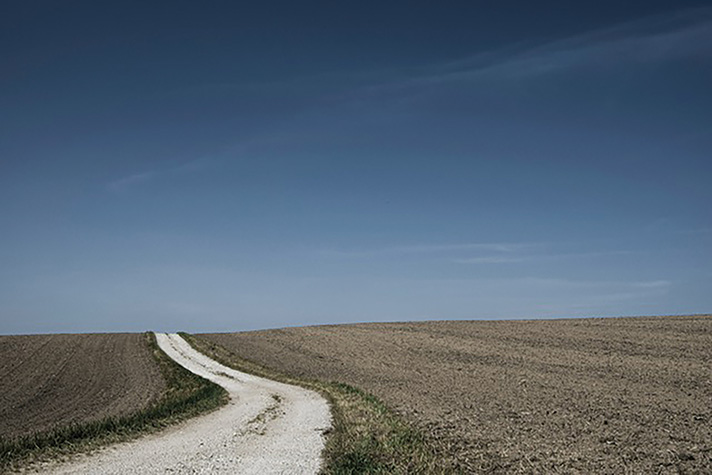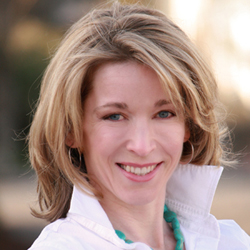Soul Matters – October 2022
I’ve been sharing a lot recently about some personal transitions I’m experiencing, but I’m keenly aware that we are all going through major cultural, political, economic and social transitions, writ large. There’s a whole lot of shakin’ going on these days.
Given this, it’s amazing to me how the impact of these transitions—both personal and global—is not really fully acknowledged. So often someone shares a story with me about a difficult experience they are going through and then apologizes for being emotional or even sharing it at all. Invariably, their story involves a loss and transition of some kind, but they (a) don’t recognize it as such, and/or (b) are minimizing its importance. So when I say, “That’s a lot that you’re going through,” they look relieved. It’s almost as though they need permission to feel what they’re feeling.
It can come as a surprise to many people that loss (and the ensuing grief and transition process) isn’t reserved only for losing a person that you love: Any loss can precipitate grief and all loss precipitates transition. And there are many kinds of loss! The Big Three are death, divorce and disease, but there are many others. For example:
- chronic illness
(yours or a loved ones) - career
- moving
- identity
- purpose
- childhood (due to difficult circumstances, dysfunction, abuse, or trauma)
- miscarriage/abortion/infertility
- break-up (romantic or platonic)
- aging
- a dream
- a physical ability/body part
In his book, Transitions (Absolutely fabulous, btw. Required reading for being human.), Dr. William Bridges identified three, distinct stages in all transitions: an ending, a fallow period, and a beginning. It sounds logical and simple enough, yet so many of us resist that middle part—the empty, fallow period—because it’s hugely uncomfortable (and scary, too). And because it’s so disorienting and distressing, we often try to leap directly to the new beginning or even begin something new before we’ve ended the old. This, however, is a terrible idea, because the fallow period is, by definition, a fertile time out. It’s the time when we learn, assimilate, make meaning, recalibrate, and become someone new. It’s where and when we become the person we need to be for the new beginning that awaits us. When we skip the middle part of a transition, we tend to repeat the patterns of the past, rather than grow from them.
Which brings me back to loss. Loss is an ending that signals a time of transition. Mourning is the process of the fallow period in that transition. If we allow ourselves the grace and time to experience our loss and grief without minimizing, medicating, avoiding, rushing, or resisting them, we will inevitably arrive at a beginning in a bigger, better, wiser iteration of ourselves. Guaranteed.
If you’re currently experiencing a transition of some kind, I encourage you to honor it by recognizing it as the important event that it is, and to allow yourself the valuable time of rest that will lead you into your new beginning. And because none of us are meant to go it alone, it’s helpful to engage guidance and support for this process. Counseling can help you to navigate the grieving process and the fallow in-between time, and coaching (especially kintsugi style!) is an excellent way to learn how to reassemble your life in a way that honors your past while creating your future.
Be kind to yourselves and to each other. We’re all in this together.
KATE INGRAM, MA, CSBC, is a life transitions counselor, coach and award-winning author of “Grief Girl’s Guide: How to Grieve, Why You Should, and What’s In It for You,” available at Rebel Heart Books in Jacksonville or Amazon. To learn more or to schedule an appointment, go to kintsugicoaching.com or write kate@kintsugicoaching.com.

 KATE INGRAM, M.A., is a counselor, soul coach and author. Her first book, Washing the Bones: A Memoir of Love, Loss, and Transformation about her journey through grief and depression to spiritual awakening, was awarded a 2014 Nautilus Silver Medal and a 2014 Indie Book Award. To receive free monthly inspiration or to find out more about her work, please visit
KATE INGRAM, M.A., is a counselor, soul coach and author. Her first book, Washing the Bones: A Memoir of Love, Loss, and Transformation about her journey through grief and depression to spiritual awakening, was awarded a 2014 Nautilus Silver Medal and a 2014 Indie Book Award. To receive free monthly inspiration or to find out more about her work, please visit
Thank you, Kate. This is very timely. I have someone to share it with and the book, too. The notion of closing one door and opening another is a hopeful and encouraging metaphor for facing the transitions you describe.